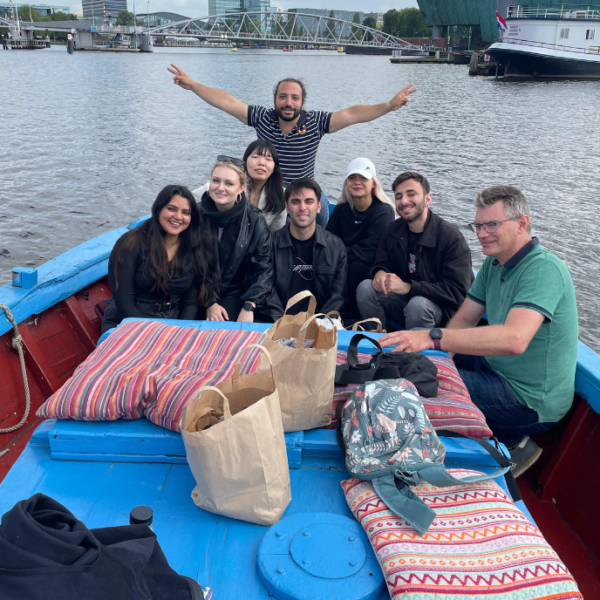
Tartu, Estonia
The Politics of Popular Culture
When:
28 July - 08 August 2025
Credits:
3 EC
Read more
Social Sciences
When:
31 March - 04 April 2025
School:
Institution:
In cooperation with University of Cologne
City:
Country:
Language:
English
Credits:
3 EC
Fee:
550 EUR

Social, political, and economic issues are typically complex and influenced by many factors. In social science research, it is difficult to disentangle the importance of different factors and to test corresponding theories. This includes survey research when standard survey items are used to measure determinants of normative beliefs, attitudes, preferences, behavioral intentions, etc. Often all factors appear to be important, and responses are prone to social desirability. In multifactorial survey experiments (MFSEs) participants are asked to evaluate descriptions of a situation (factorial survey/vignette experiment), to choose between two or more mutually exclusive alternatives (discrete choice experiment), or to choose between two alternatives and to rate each of them (conjoint survey experiment). Because these situations and alternatives are experimentally varied on multiple factors/attributes and participants have to make trade-offs between attributes, MFSEs offer a way to disentangle the importance of attributes and reduce social desirability bias. MFSEs can also be used to test theories and mechanisms. They have been applied to a wide range of issues in both the Global North and the Global South, including policy preferences for immigration, acceptance of environmental policies, perceived fairness of the gender pay gap, preferences for health care, and normative beliefs about marriage and child education. This course will introduce different types of MFSEs (factorial survey, discrete choice, conjoint), addressing similarities, differences, and methodological challenges. Participants will become familiar with the theoretical underpinnings and empirical applications of these experiments, and will learn how to design experiments, collect and analyze MFSE data. The course will combine lectures with hands-on sessions using R (for some examples, Stata syntax can be provided). Participants will have the opportunity to discuss their own research projects/ideas.
Ulf Liebe, University of Warwick & Jürgen Meyerhoff, Hochschule für Wirtschaft und Recht Berlin
You will find the course useful if:
- you want to learn more about multifactorial survey experiments (factorial surveys, discrete choice experiments, conjoint survey experiments), their potential and pitfalls;
- you want to learn how to design and analyze multifactorial survey experiments;
- you are planning a specific application of multifactorial survey experiments;
- you are a postgraduate student or researcher, senior researcher, quantitative social scientist working in the public or private sector.
By the end of the course you will:
- have a good understanding of the (theoretical) foundations of different types of multifactorial survey experiments;
- have a good understanding of the conditions under which each type of multifactorial survey experiment is applied;
- know the foundations of experimental designs for multifactorial survey experiments;
- know how to conduct a multifactorial survey experiment, including survey design;
- be able to build a dataset for multifactorial survey experiments;
- be able to analyze data from multifactorial survey experiments and interpret model results;
- be able to critically reflect on the pitfalls of conducting multifactorial survey experiments;
- be able to critically reflect on the advantages and disadvantages of multifactorial survey experiments more generally.
Fee
550 EUR, Student/PhD student rate
Fee
825 EUR, Academic/non-profit rate
The rate includes the tuition fee, course materials, and coffee/tea breaks.
When:
31 March - 04 April 2025
School:
Institution:
In cooperation with University of Cologne
Language:
English
Credits:
3 EC

Tartu, Estonia
When:
28 July - 08 August 2025
Credits:
3 EC
Read more

Amsterdam, Netherlands
When:
20 July - 07 August 2025
Credits:
6 EC
Read more

The Hague, Netherlands
When:
07 July - 18 July 2025
Credits:
4 EC
Read more